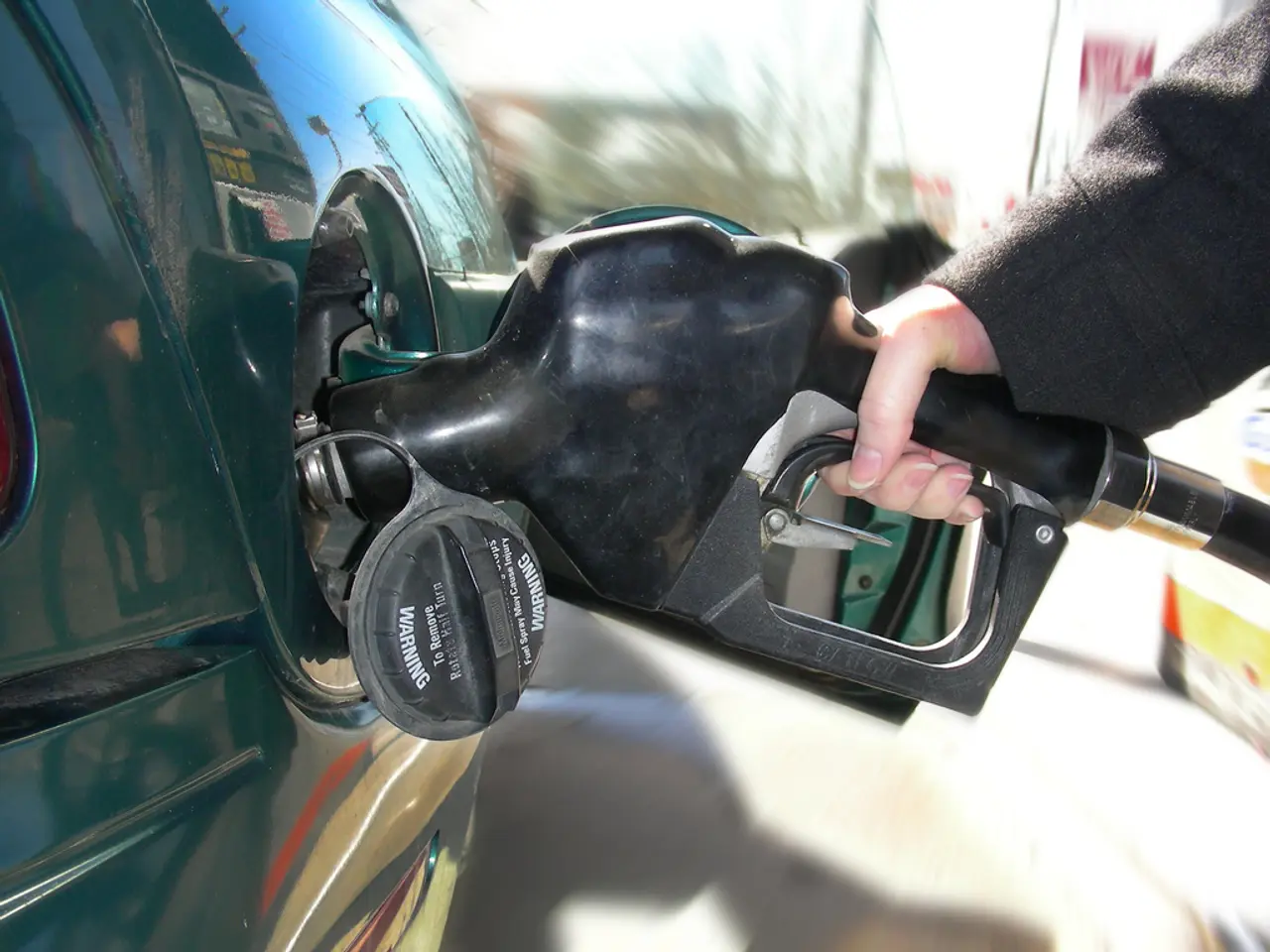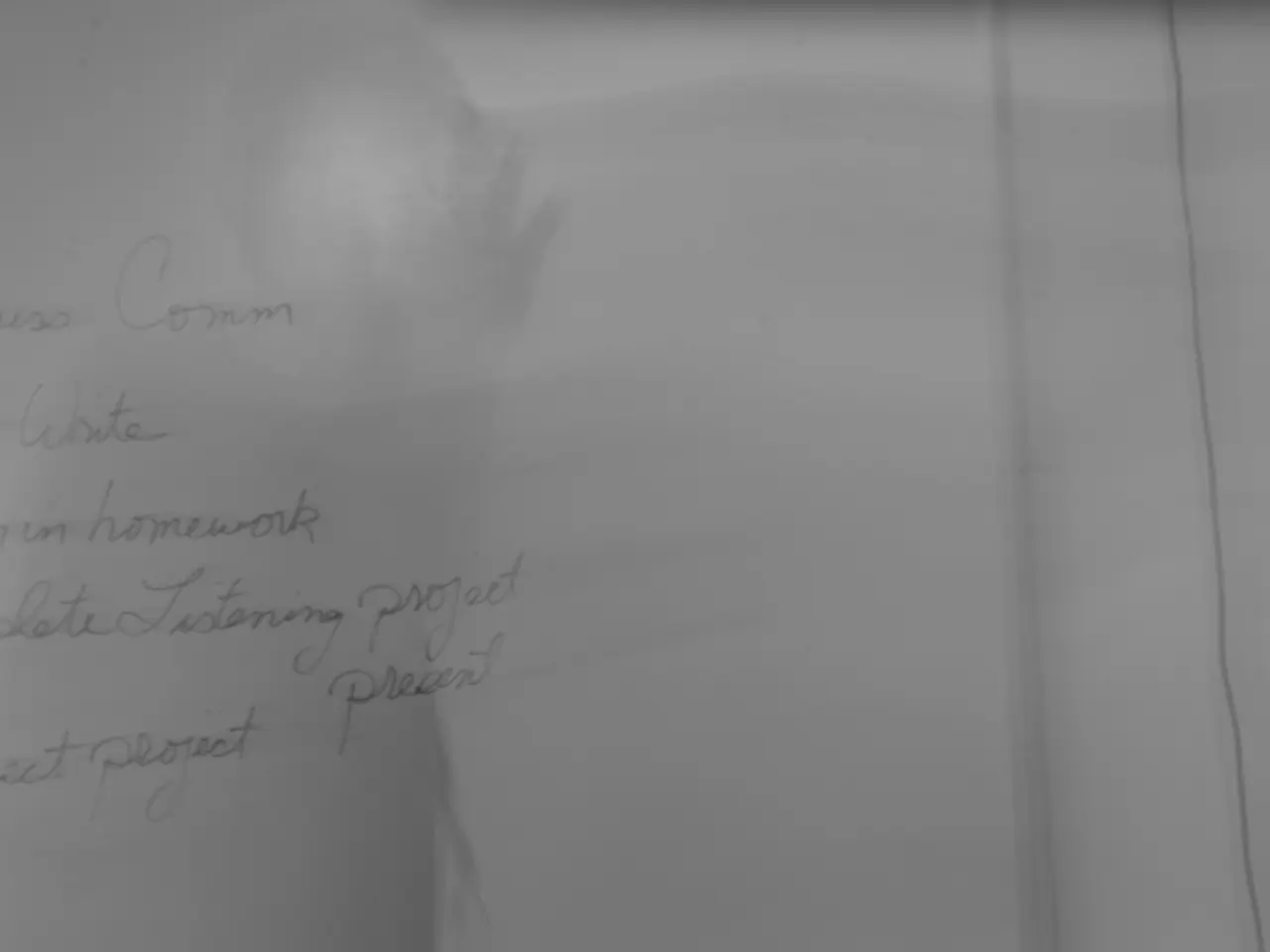Hungary Discusses Gas Promises Made by Russian Businesses
In the face of the European Union's (EU) proposed ban on Russian gas imports, Hungary, a country heavily dependent on Russian pipeline gas, is bracing for potential changes in its energy supply.
Hungary imports a significant share of its natural gas from Russia, similar to Slovakia, which also opposes the ban. The EU's push for an accelerated ban, slated for January 2027, contrasts with Hungary's stance, as the country remains reliant on Russian energy for its domestic supply.
The European Commission's approach bypasses unanimous agreement, framing the ban as a trade and energy market regulation, thereby reducing Hungary's veto power on the decision. To offset reduced Russian gas imports, the EU is diversifying supplies through increased LNG imports and sourcing gas from other suppliers. Hungary will need to follow suit, increasing LNG imports and possibly tapping into alternative pipeline routes or suppliers.
Hungarian Foreign Minister and Trade Minister Péter Szijjártó met with the heads of the largest Russian energy companies at the St. Petersburg International Economic Forum, expressing his conviction that Russian energy companies are willing to continue supplies to Hungary, even if the EU tries to prevent it.
Szijjártó believes that the EU's plan to ban imports of Russian energy is moving in a "completely wrong direction". He did not specify which Russian energy companies he met with at the forum. Russia, in response, considers Western sanctions illegal and demands their cancellation.
To secure Russian oil supplies, Hungary and Serbia have discussed the possibility of building an oil pipeline between the two countries. Hungary will not allow the EU leadership to ban it from using Russian oil and gas. Prime Minister Viktor Orbán considers that the EU's plan to ban imports of Russian energy should be thwarted by any means possible.
Slovakia, like Hungary, opposes the EU's plans to abandon Russian gas due to high costs. Slovakia will have to import all its gas from the west - mainly through Germany, Austria, and the Czech Republic - and pay more for transit. In contrast, Hungary and Serbia are planning to operationalise a 180-kilometer pipeline as early as 2027.
The European Commission has created a "roadmap" for phasing out Russian energy resources, including oil and uranium. It is not specified whether the EU's proposed ban on Russian gas imports has been officially approved or not. Russia has refused to supply its energy resources to countries that have imposed price caps.
As the EU moves towards a potential ban on Russian gas imports, Hungary is preparing for a shift in its energy supply. The country's continued opposition to outright bans suggests reliance on transitional solutions like maintaining long-term contracts where allowed and investment into infrastructure to accommodate alternative supplies. A solution will have to be found to ensure the security of Hungarian gas supplies, or else they will be at risk. It remains unclear whether other countries, apart from Hungary, are also ready to seek an alternative to Russian gas supplies.
- In the midst of the EU's proposed ban on Russian gas imports, the financial implications for energy-dependent nations like Hungary are significant, as they seek to secure supply from alternative industries such as Russian energy companies.
- The political landscape of the EU is shifting, as countries like Hungary and Slovakia, heavily reliant on Russian gas, voice their opposition to the proposed ban, seeking to maintain existing financial ties with the industry.
- Amidst the general-news surrounding the EU's proposed ban on Russian gas imports, the energy sector is a critical area of focus, with nations like Hungary exploring alternative pipeline routes and suppliers to secure their supply, defying the EU's regulations if necessary.




